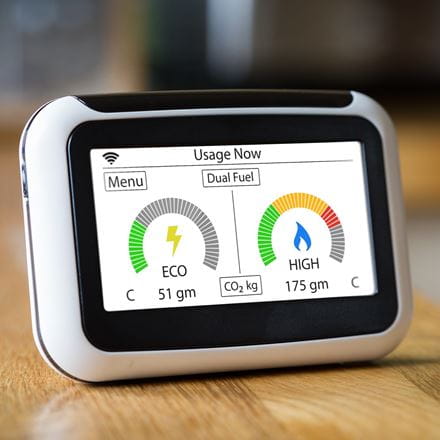Unable to find any suggestions for your query...
Unable to find any suggestions for your query...
Unable to find any suggestions for your query...
Unable to find any suggestions for your query...
Unable to find any suggestions for your query...
Unable to find any suggestions for your query...
Unable to find any suggestions for your query...
Unable to find any suggestions for your query...







